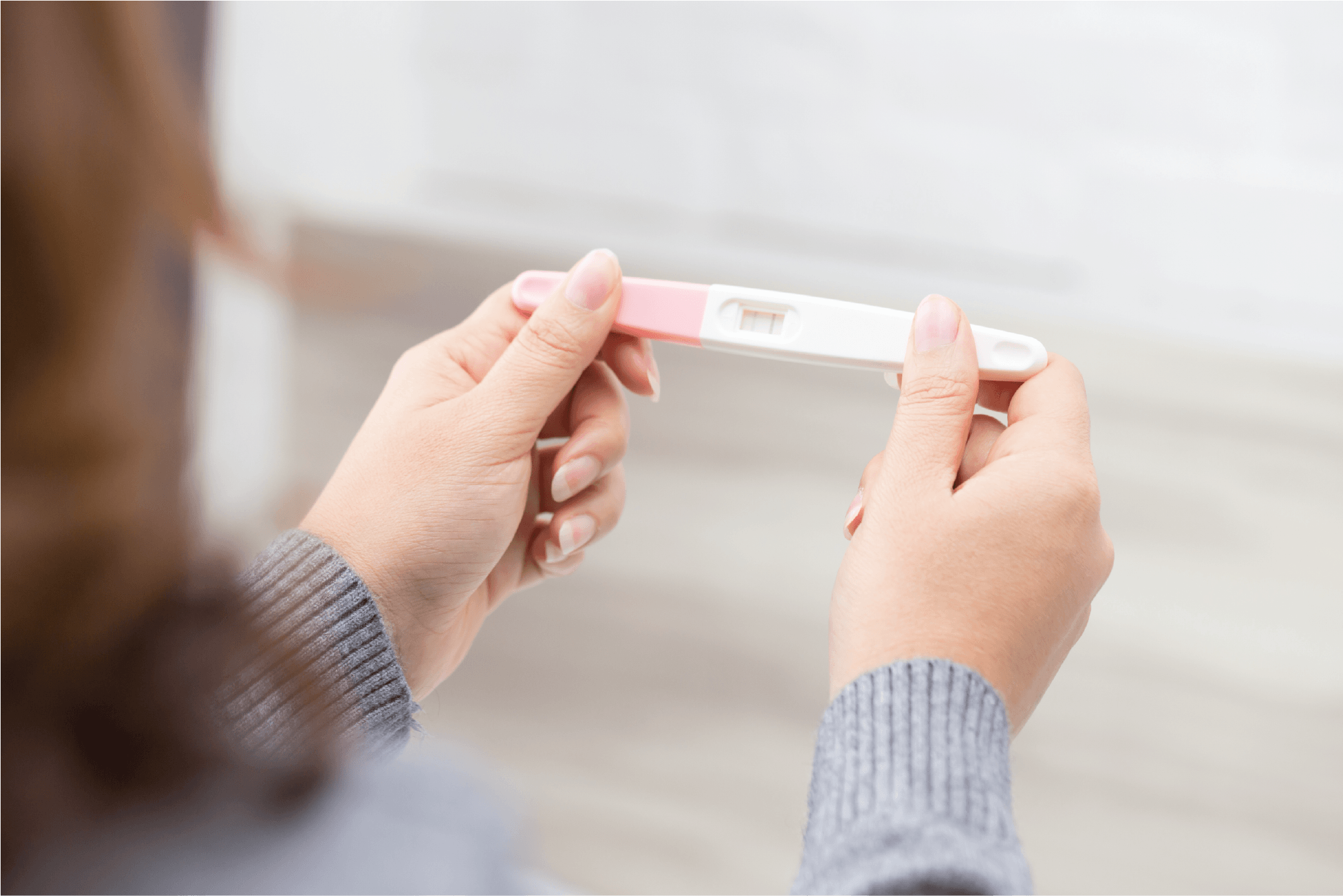How Lead Exposure Affects Pregnancy and Developing Babies


Most people know that being exposed to lead is not healthy, but understanding how lead exposure affects pregnancy and developing babies might not be as straightforward. Since lead can easily cross the placenta into a growing baby’s bloodstream, and with about 1 percent of all women of reproductive age having lead levels that are too high, it\’s important to minimize your exposure.
According to the American College of Obstetricians and Gynecologists, there is no established safe blood level for lead. The agency recommends that medical intervention, including education and steps to reduce exposure, begin if a mom\’s blood level is higher than 5 micrograms/dL. Active treatment to reduce high blood levels should begin when blood levels are greater than or equal to 45 micrograms/dL. Treatment should be administered by an expert with experience in high-risk pregnancies.
Lead can have negative effects both on a pregnant woman and her developing baby. Exposure to higher levels of lead in pregnancy has been linked with developing gestational hypertension, or hypertension that begins in pregnancy. This can put a woman at risk for developing preeclampsia or needing to deliver preterm.
Abnormally high levels of lead in a pregnant woman’s blood may also put her at risk for miscarriage. This was shown in one study in Mexico of 668 pregnant women, but other studies have not had the same result. More data is needed, but in the meantime it is better to avoid lead exposure in pregnancy.
Lead easily crosses the placenta, which means if a mother is exposed to levels that are too high, her baby is as well. Lead’s main target is the nervous system, and in a baby whose brain, spinal cord, and nerves are rapidly growing, these can be easy targets.
Prenatal lead exposure has been shown to cause higher rates of intrauterine growth restriction, which means babies are born abnormally small. Some studies have shown not only lower weights in these babies but also smaller head size and length.
Babies who are exposed to toxic lead levels in utero can also go on to have neurodevelopmental issues as children. One study showed that the higher the lead levels found in a baby’s umbilical cord, the worse they performed on certain developmental scales as children. IQ scores may also be lower in babies exposed to prenatal lead. Children with higher lead levels have been shown to have higher rates of inattention and hyperactive behavior in school.
Because of the many consequences of being exposed to high levels of lead when pregnant, women who have certain risk factors should discuss lead screening with their doctors or midwives. Not every pregnant woman needs this, but for those that do it can be an important part of their prenatal care.
Sources:
- Centers for Disease Control and Prevention
- What Do Parents Need to Know to Protect Their Children.
The American Congress of Obstetricians and Gynecologists - Committee Opinion #533: Lead screening during pregnancy and lactation
- August 2012.
The American Academy of Pediatrics - Lead exposure in children: Prevention, detection, and management
- October 2005.
Powered by Bundoo®










































